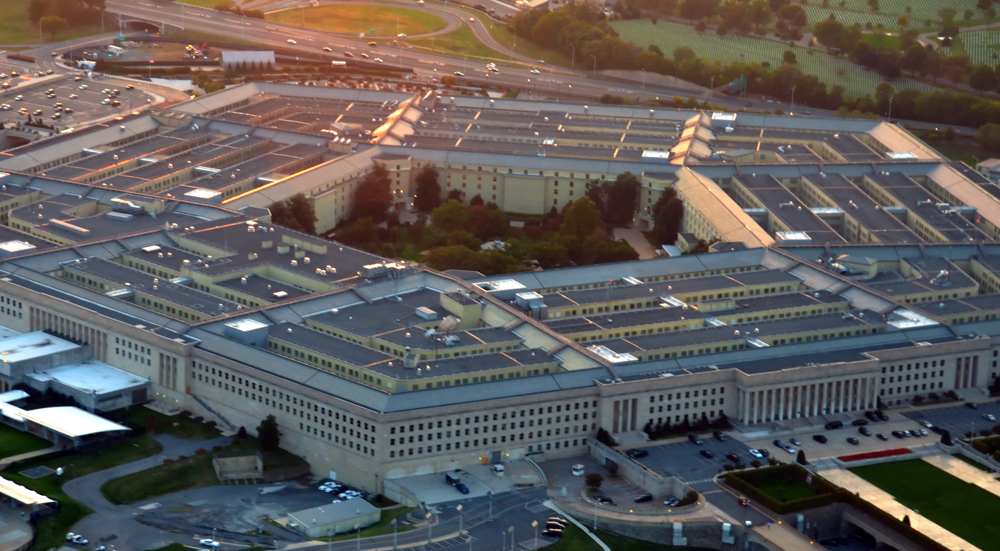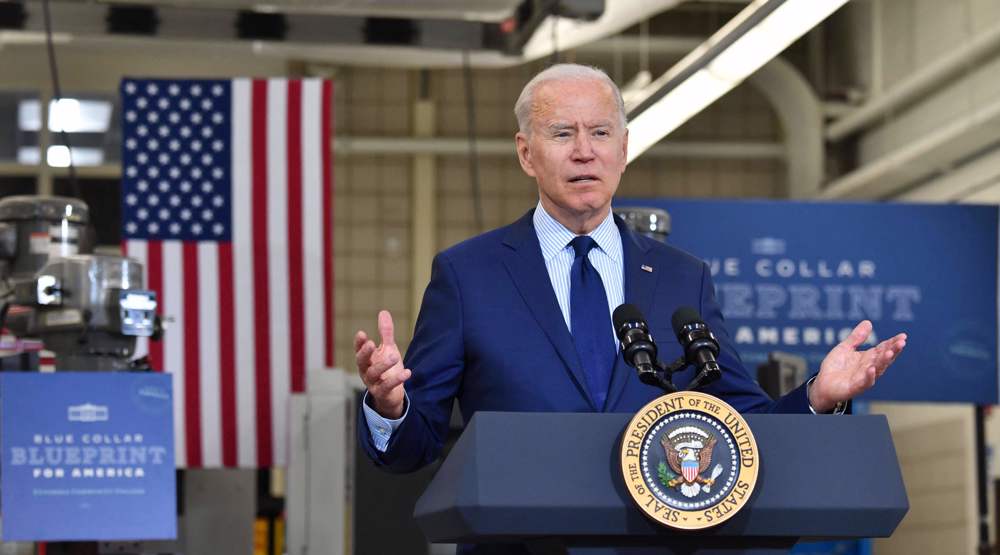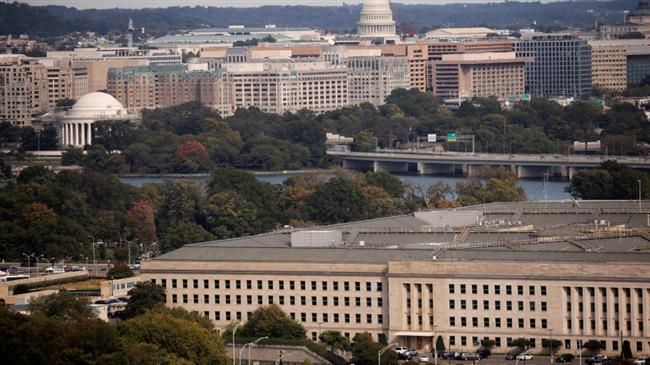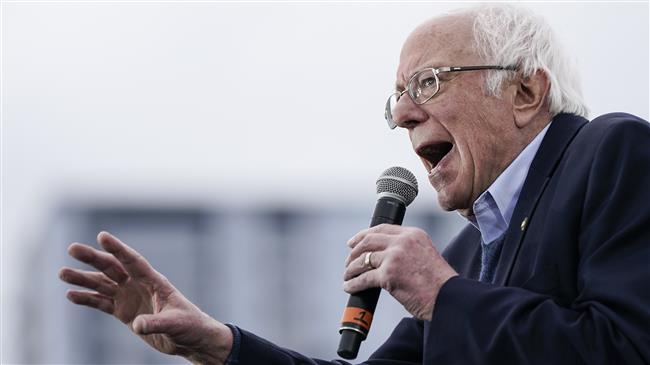Senate panel's decision to add $25 billion to Biden's massive Pentagon budget angers antiwar activists
The Senate Armed Services Committee's surprise decision to endorse a $25 billion increase to President Joe Biden’s already massive budget request for the Pentagon has angered progressive antiwar activists, who have been demanding cuts to US military spending.
Narrowly controlled by Democrats, the Senate panel approved a $778 billion defense policy bill in a whopping 25 to 1 vote on Wednesday, adding nearly $25 billion to the Biden administration’s budget request.
Only progressive Senator Elizabeth Warren, Democrat of Massachusetts, voted against the policy bill, known as the National Defense Authorization Act (NDAA).
Biden’s defense budget represented a bump from his predecessor Donald Trump’s last defense budget of $740 billion, which Democrats at the time criticized for being too generous.
The near-unity by Democrats on the military spending hike upends an already tumultuous partisan debate in Washington over the overall federal spending, at a time when the Biden administration is trying to rein in the COVID-19 pandemic and work out high-priority spending plans for the nation's worn-out infrastructure.
The Senate panel's decision was met with harsh criticism from progressive activists, who argued that the unwarranted spending increase for the military could instead be diverted to address more urgent domestic policy priorities.
“Just the proposed $25 billion increase to the Pentagon budget alone could end homelessness in the United States, making clear that senators are more interested in increasing the profits of military contractors than meeting the needs of everyday working people,” said Carley Towne, co-director of the anti-war group CodePink.
“While millions of Americans are steeped in debt, living paycheck to paycheck, facing eviction, and struggling to pay medical bills amidst an ongoing health pandemic and recession,” Towne continued, adding, “The Senate Armed Services Committee decided to hurl even more taxpayer dollars at an increasingly privatized for-profit war industry.”
Arms manufacturers, military contractors and defense companies have been showering money on the Senate Arms Services Committee because of its role in setting America’s defense policy.
According to OpenSecrets, a transparency group tracking money in US politics, Lockheed Martin and General Dynamics were two of the main contributors to Senator Jack Reed, the committee’s Democratic chairman, during the 2020 election campaign.
Robert Weissman, president of the watchdog group Public Citizen, said in a statement that “anyone who cares about our national security should oppose this increase in Pentagon spending and demand... that the funds that would have gone to the Pentagon instead be allocated to global COVID-19 vaccine production or other human needs priorities.”
When the U.S. already spends more on its military than the next eleven nations combined, what possible justification is there for the Senate to try to increase the Pentagon budget even further?
— Public Citizen (@Public_Citizen) July 22, 2021
This is outrageous.https://t.co/ERh3EBzimZ
“Not so incidentally," he added, "the $25 billion spending increase approved by the Senate Armed Services Committee exactly matches the cost to scale up COVID-19 vaccine production to meet global demand,” he elaborated.
Despite the near-unanimity on the Senate committee, the decision ruffled some feathers on Capitol Hill. Senator Edward Markey, a Democrat from Massachusetts, vowed to oppose the increase in military spending.
“Another $25 billion handout to the military industrial complex is insanity. We spend more on defense than the next eleven countries combined. The President’s FY 2022 Pentagon budget request was already overkill,” he said in a tweet.
I will strongly oppose any increase to the Pentagon’s budget. Another $25 billion handout to the military industrial complex is insanity. We spend more on defense than the next eleven countries combined. The President’s FY 2022 Pentagon budget request was already overkill. https://t.co/RmKCPP1rqX
— Ed Markey (@SenMarkey) July 23, 2021
In addition to the increased spending for the Pentagon, the Senate Arms Services Committee is also proposing nearly $30 billion in funding for the Department of Energy, which manages America’s nuclear stockpile.
The Senate panel called for “recapitalizing and modernizing the US nuclear triad” this month, just a day after a group of 21 Democratic lawmakers urged President Biden to “reject a 21st-century arms race” by reducing the nation’s nuclear arsenal.
The House and Senate must ultimately agree to identical legislation for the NDAA to become law. That means the House Armed Services Committee, also led by Democrats, must endorse a similar spending hike in its version of the policy bill.

US warplanes target north of Yemen’s capital in fresh aggression

US warplanes conduct fresh aerial strikes on Yemen’s ‘Amran

Yemeni forces target US aircraft carrier in Red Sea, force it to flee
Hezbollah issues warning over Israel's bid to delay Lebanon withdrawal
Palestinian prisoner dies from torture in Israeli jail: Rights groups
Iran calls for protection of minority groups in Syria
VIDEO | A breath of relief: Aid flows into Gaza after months of deprivation
VIDEO | Iran, Azerbaijan take cooperation to next level
Trump revokes protections for Pompeo, Brian Hook, Bolton
Ansarullah condemns US decision to blacklist it as terrorist organization
Gaza genocide: Over 15,000 schoolchildren killed, went missing











 This makes it easy to access the Press TV website
This makes it easy to access the Press TV website